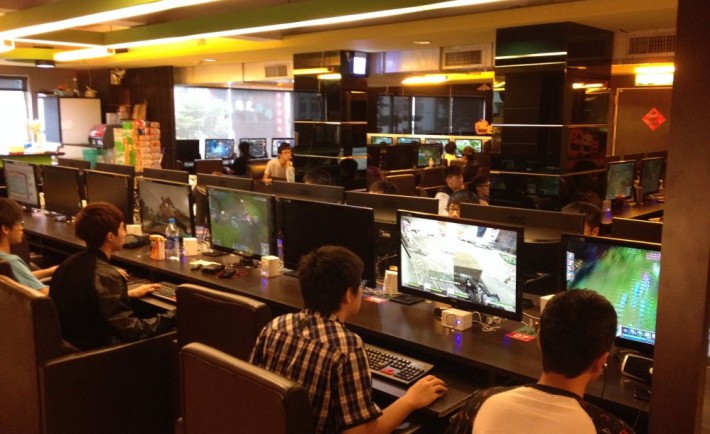- FG Calls for Policy Framework to Boost Internet Access
The federal government, through the Federal Ministry of Communications has called for a policy framework that will enhance access to the internet for all citizens.
The Permanent Secretary, Federal Ministry of Communications, Mr. Musa Istifanus, who made the call during the 2019 Nigeria DigitalSense forum on Internet Governance for Development (IG4d) and Nigeria IPv6 roundtable in Lagos recently, said citizens must not be denied access to the internet because of its many benefits.
The Permanent Secretary, who was represented by the Director, e-Government at the ministry, Olufemi Olufeko, said there was need for an ideal policy framework that would enhance internet access for all citizens.
Addressing the theme, ”Policy Framework for Connecting Nigerians for Improved Internet Governance”, Istifanus said: “Access to ICTs, including Internet, will enable and accelerate development in key areas of life. He said internet should be for everyone, everywhere, and made accessible to all without any restrictions. This is evident in the recent adoption of the UN Sustainable Development Goals (SDGs). Therefore there is need for an ideal policy framework which provides for an enabling rather than a restrictive environment to foster dynamic, efficient and flexible interconnection to networks.
“The framework should encompass three broad areas expansion of Infrastructure, skills development and entrepreneurship, and open up governance structures around the internet to a multi-stakeholder approach.”
He said the policy should focus on expansion in both access infrastructure and content infrastructure, that would seek to promote investment in network and content; promote transparent and affordable licensing procedures; enhance fair price on Right of way; flexible technology; and ensure policies are technology neutral, and flexible enough to encourage new ways of delivering access.
“We need policy principles, skills development and entrepreneurship policy that will focus on human capacity both to run networks and also develop content and service to promote a strong local ecosystem of infrastructure, content and services,” Istifanus said.
He explained that the internet would only be fully adopted, and its benefits universally shared, when there is a compelling local content promotion on all locally developed products.
He equally spoke on the need to develop human capacity and open up governance structure around the internet through a multi-stakeholder approach.
He, however, said government has made efforts to deepen broadband penetration across the country, but frowned at countries who still put restriction to Internet access.
According to him, Nigeria set a five-year National Broadband Plan 2013-2018 with target of a minimum 30 per cent broadband penetration but surpassed its target to achieve 31.48 per cent in December 2018 and has currently reached 33 per cent broadband penetration.
Executive Director, DigitalSense African Media, organiser of the forum, Mrs. Nkem Nweke, said the event was created 10 years ago for Nigerian internet stakeholders to converge annually to raise and address germane issues concerning the ICT sector.
According to her, building an inclusive digital economy and society require development of human and institutional capacities.

 Billionaire Watch2 weeks ago
Billionaire Watch2 weeks ago


 Startups4 weeks ago
Startups4 weeks ago


 News4 weeks ago
News4 weeks ago


 News4 weeks ago
News4 weeks ago


 Bitcoin4 weeks ago
Bitcoin4 weeks ago
 Naira4 weeks ago
Naira4 weeks ago
 Forex3 weeks ago
Forex3 weeks ago
 Treasury Bills4 weeks ago
Treasury Bills4 weeks ago













